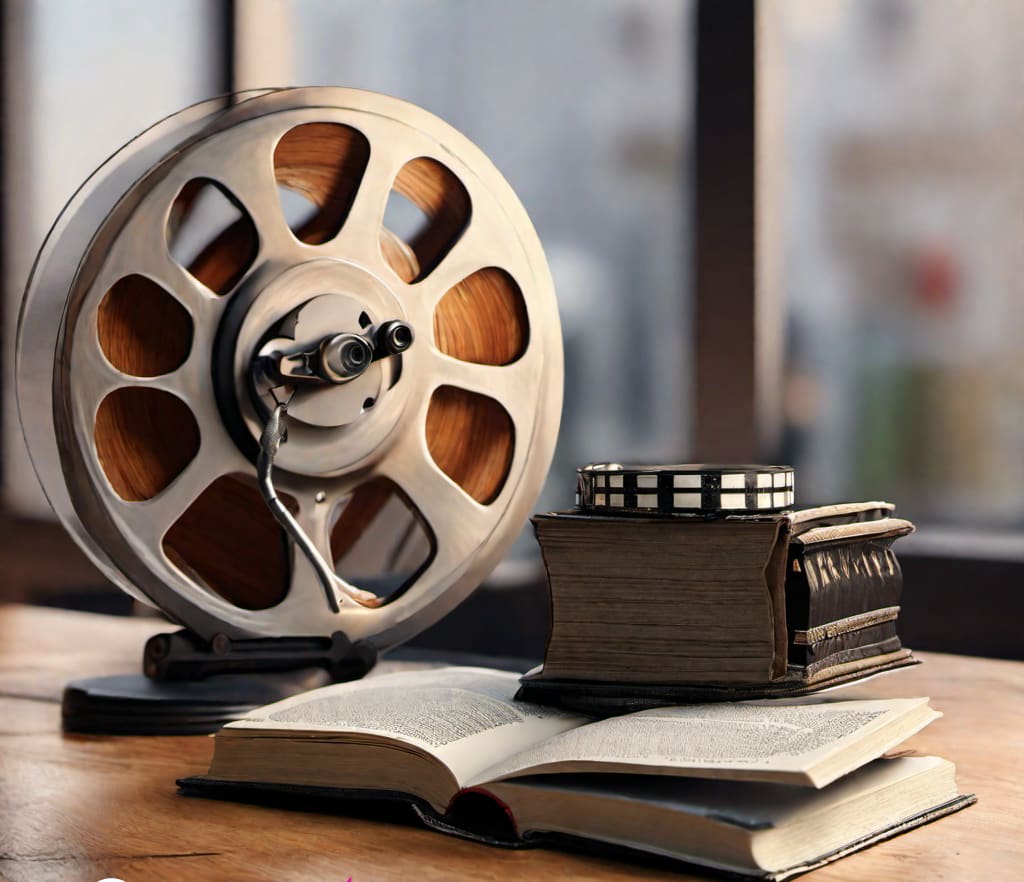
If you've ever found yourself lost in the captivating worlds of novels or on the edge of your seat in a movie theater, you know that storytelling is an art that comes in many flavors. Let's dive into the awesome techniques that novels and films use to whisk us away on incredible journeys.
1. Diving into Minds and Hearts
Ever cracked open a novel and felt like you were reading someone's thoughts? That's because novels have this cool superpower called internal monologue. It's like being a mind-reader, getting to know characters' deepest fears, wildest dreams, and hilarious inner dialogues. We're not just spectators; we're part of the adventure.
In films, it's all about the magic of visuals and performances. The actors, the set design, and the way the camera moves – they all work together to bring characters to life. You might not hear the characters' thoughts, but their expressions and gestures tell a thousand tales. It's like we're watching secrets unfold before our eyes.
2. Time Traveling and Pacing
Time is a slippery thing, right? Well, in novels, authors can bend and twist time like a pretzel. Flashbacks, flash-forwards – they're like time machines, taking us to moments that happened before or after the main story. It's like putting together a jigsaw puzzle of emotions and experiences.
Movies, though, have a clock to beat. With a limited amount of time, filmmakers need to keep the story moving. Sometimes they play with time, too – ever seen a movie that jumps back and forth? It's like a rollercoaster of events, making sure we never get bored.
3. Getting Personal with Characters
Novels have this superpower of going deep into a character's soul. We get to know their fears, their hopes, their quirks – it's like befriending someone new. We root for them, cry with them, and celebrate their victories. It's a front-row seat to the character's growth journey.
Movies, on the other hand, show us these characters in action. We might not hear every thought, but we witness their bravery, their mistakes, and their triumphs. It's like having a window into their lives, and we cheer from the sidelines.
4. Words vs. Spoken Magic
Novels are a treasure trove of words. Dialogues, descriptions, witty banter – it's like a symphony of language that paints pictures in our minds. We listen to the characters talk, and it's like having a chat with old friends.
Movies focus on spoken magic. The way characters say things, the tone in their voice, the rhythm of their speech – it's all part of the show. And the expressions they wear? They speak volumes without saying a word.
5. Crafting Atmospheres
When it comes to atmosphere, novels wield the power of words to set the mood. Descriptions of settings, scents, and sounds build a world around us. We feel the raindrops, smell the coffee, and get lost in the scene.
Movies use visuals and music to create atmosphere. The lighting, the colors, and the soundtrack – they work together to make us feel like we're right there. We don't just see a scene; we sense it with every fiber of our being.
In a nutshell, whether you're a bookworm or a cinephile, storytelling is a magical ride. Novels take us on an introspective journey, while films dazzle us with the power of visuals and performances. So, next time you're lost in a book or glued to the screen, remember – you're not just consuming a story; you're experiencing a whole new world.
About the Creator
Nikk
Writing is the magic that turns thoughts into words, breathing life into ideas and stories






Comments
There are no comments for this story
Be the first to respond and start the conversation.